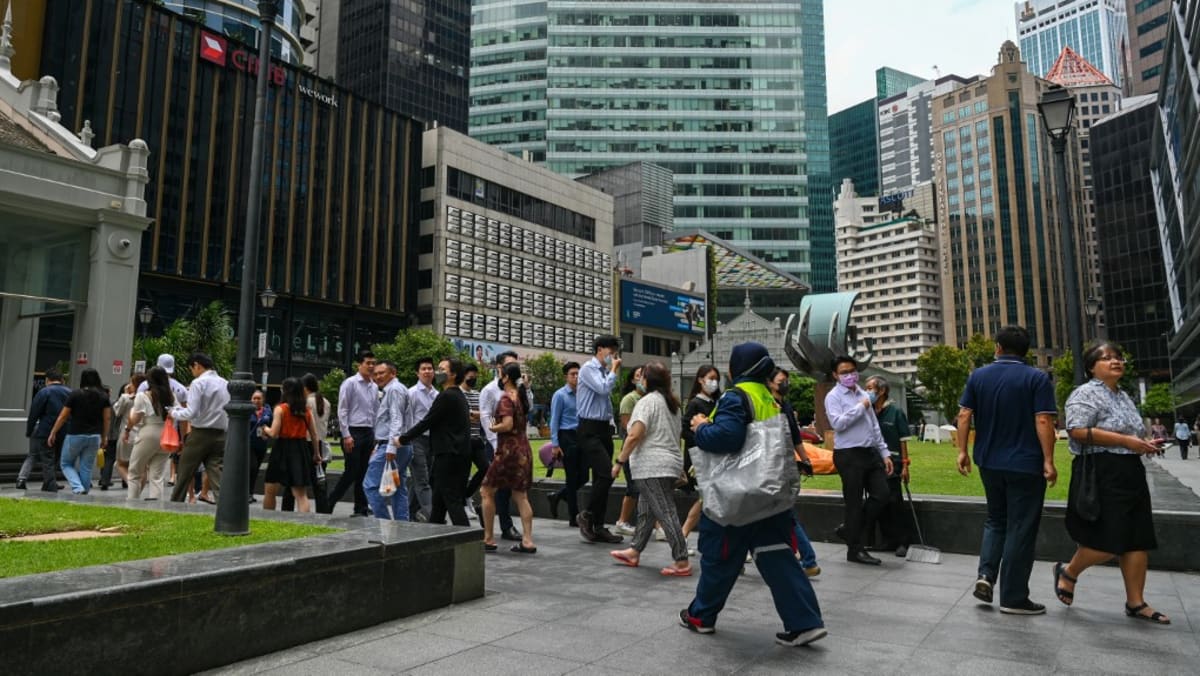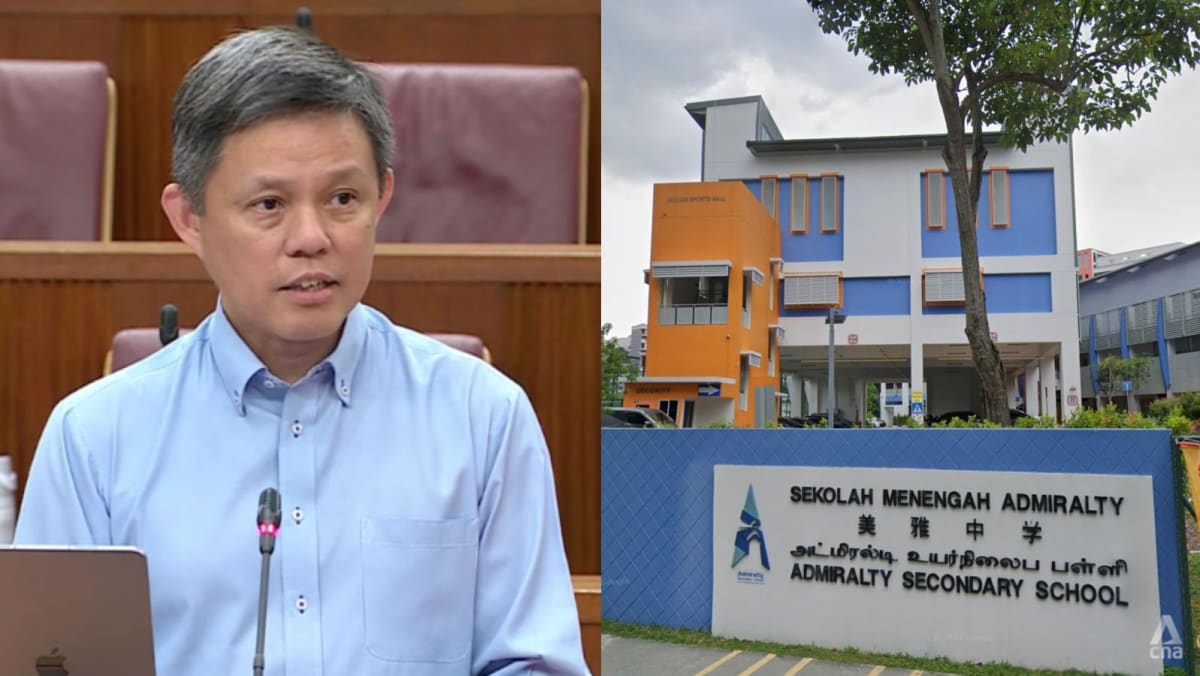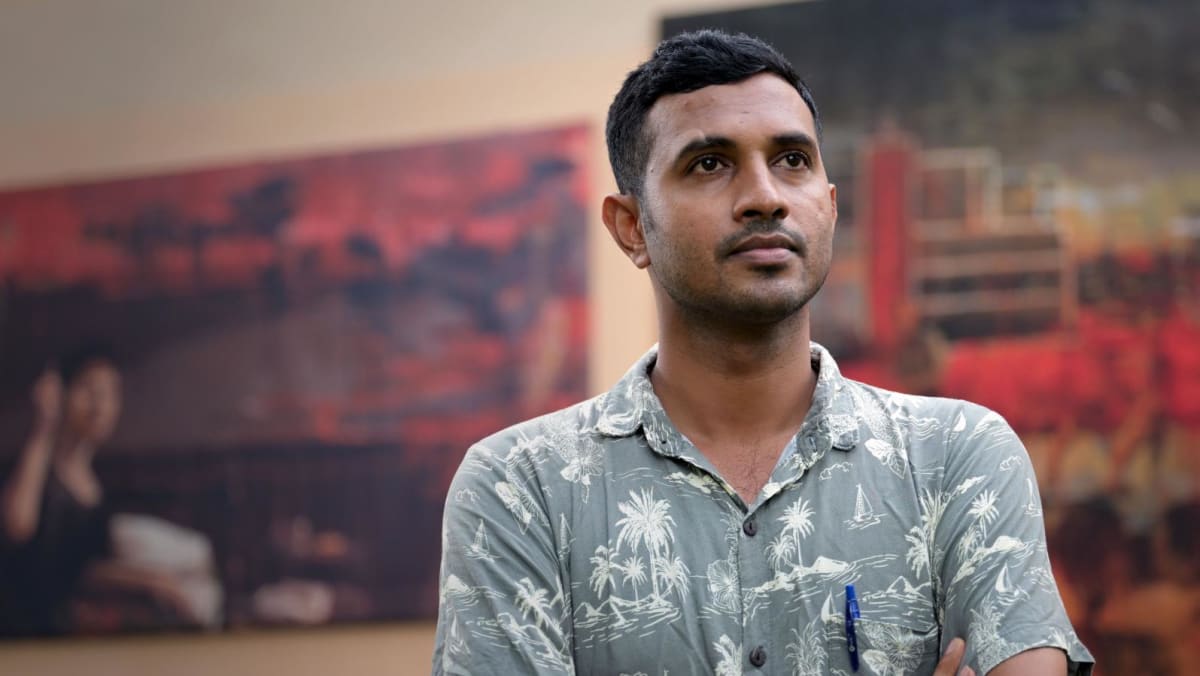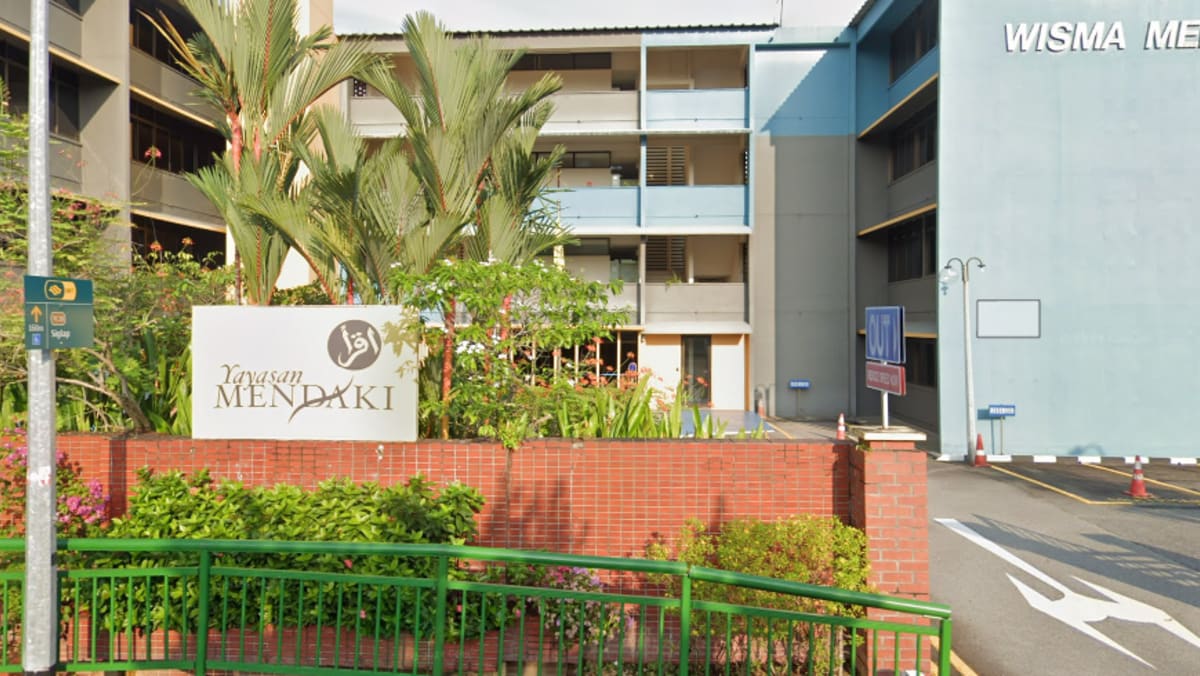SINGAPORE: The percentage of Singapore residents who want the government to be more involved in handling racial and religious issues has increased, according to findings from a survey conducted by the Institute of Policy Studies (IPS) last year.
That said, there was “near unanimous agreement” – from 93.9 per cent of respondents – that the government has done well to improve racial and religious harmony, said the IPS report released on Tuesday (Feb 4).
Titled Faultlines in Singapore: Perceptions and management with a focus on race and religion, the report is based on the third iteration of a survey on race, religion and language. Similar surveys were completed in 2013 and 2018.
The latest survey was conducted from April to August last year and involved a nationally representative sample of 4,000 Singapore residents, said IPS.
Respondents were asked a range of questions, including about government involvement in five faultlines – race, religion, immigration, socioeconomic status and lesbian, gay, bisexual and transgender (LGBT) concerns – and consequences of mismanaging such issues.
In 2018, 27.3 per cent of respondents wanted the government to be more involved in race issues. That figure increased to 30.5 per cent last year.
For religious issues, 23.2 per cent of respondents in 2018 wanted the government to be more involved. Similarly, the figure increased to 28.4 per cent last year.
In both 2018 and 2024, around two-thirds of respondents believed the government’s involvement was sufficient.
For socioeconomic status and immigration issues, the percentage of respondents who felt the level of government involvement was sufficient increased from 2018 to 2024.
There was a corresponding drop in those who felt there should be a higher level of government involvement. In 2018, 45.3 per cent felt the government should be more involved in socioeconomic differences, compared with 38 per cent of respondents in 2024. For immigration, the figure dropped from 47.1 per cent to 38.2 per cent.
For LGBT issues, 33.2 per cent want the government to be more involved, down from 39.1 per cent in 2018.
IPS and non-profit organisation OnePeople.sg also released a study on racial and religious harmony on Monday.
IPS said the survey found there was strong support for policy outcomes to ensure racial harmony. “In particular, over nine in 10 respondents (in 2018 and 2024) felt that it is important to have a racial mix in each housing estate and to provide culturally sensitive help to the less well-off in different communities.”
More than 80 per cent of respondents also said it is important for immigration policy to maintain the racial make-up of the population.
Respondents were also asked for their views on the Chinese-Malay-Indian-Others (CMIO) model in Singapore, and 44.9 per cent said in 2024 that it should be kept, up from 34.5 per cent in 2018.
Just 5.9 per cent of last year’s respondents wanted it to be removed, while 24.8 per cent said the categories should be expanded. More than 20 per cent said they were not sure what action should be taken to the CMIO model.
CONSEQUENCES OF MISHANDLING FAULTLINES
A majority of Singapore residents believe that not managing issues related to race and religion properly could lead to serious consequences.
Approximately eight in 10 respondents believe there are “significant societal consequences” if issues related to race, religion, immigration, socioeconomic status and LGBT concerns are mishandled, IPS said.
The survey asked respondents whether the mishandling of such issues would have no consequences, or whether it would lead to consequences such as:
- Suspicion or mistrust among communities
- Polarisation
- Anger against particular communities
- Decreased national identity or sense of belonging
- Fall in government trust level
- Violence
Race and religion were seen as most likely to result in anger against particular communities if mishandled, with 49.9 per cent and 48.2 per cent of respondents believing that anger would be a consequence.
Around one-third of respondents also said mismanaging racial and religious issues could lead to violence.
For immigration, socioeconomic status and LGBT concerns, around 40 per cent of respondents said anger would be a consequence if mismanaged, while fewer than 20 per cent said it could lead to violence.














